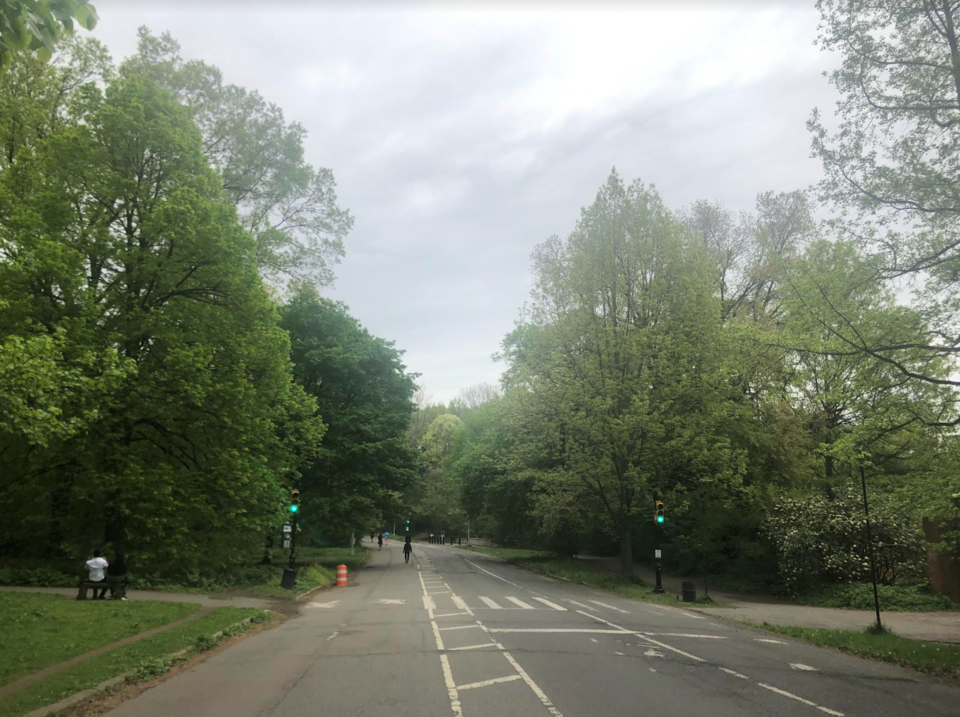By Shenisis Kirkland
On December 13, 2022, President Biden passed the Respect for Marriage Act. This act changed the law to require states to recognize out-of-state same-sex marriage and reinforces ambiguous grounds for prohibiting marriages because of race. This was a preemptive step taken by Biden Administration to combat against marriage protection being overturned by the Supreme court. New York Times wrote an article this July about the extent of upheaval caused by the Supreme Court rescinding the constitutional right of abortion.
The precarious status of interracial marriage is striking, given its almost 60 years old. In comparison with abortion and same-sex marriage, it may not be as entrenched in our laws as once thought. Or in our communities. It often feels interracial relationships are still a precarious undertaking to accept in the Black community. Black men with White women, in particular, can excite feelings of abandonment within the community due to the ease with which they move in and out of interracial relationships. But if laws are often reactionary, how have we contributed to the reflections we see in legislation today?
It’s summertime and my long-time high school friend visits me in Brooklyn with her new boyfriend. We used to take the L together all the time before she moved to D.C. After a night of partying, the three of us rest while we call an Uber. Drunk, her boyfriend asks me, how White would you date? Confused, I sit with the question. Then, he adds, would your parents be okay if you brought home someone White? My friend is White, her boyfriend Black, and it seems this question had been on his mind for a while.
As a Black woman who has attended a PWI, I take interracial relationships very seriously. Perhaps more than I should. My race began to feel at odds with dating anyone. So, I prioritized making sure I wasn’t sacrificing my self-worth or my identity for White attention. Yet, I witnessed the reverse scenario among Black men. Their blackness seemed to be an asset.
A 1973 Xavier Herald article, Student Rap: Interracial Dating and Marriage, discusses interracial relationships in the eyes of Xavier college students just six years after Loving v. Virginia. There’s a dissonance in how interracial relationships were approached. Among the Black men, one student said, “a girl is a girl no matter what color she is…without prejudice.” Conversely, among Black women, one student said, “I wouldn’t mind [dating] other minority groups because they are more aware of…our… peoples [socio-economic problems].” I think a key divergence between these statements is their implicit opinion on racial differences. Though tolerant, both ideas conflict on how socio-economic differences function in a relationship. Where one dismisses this as potential prejudice i.e., “a girl is a girl,” the other considers the larger implications and potential pitfalls in the long term.
When confronted with these questions, I thought, 'My parents don’t have an issue,' and I answered as much. Though somehow, I think he wanted to know if I thought an interracial relationship was something that could work for me. In my experience, connecting with other races can be a mixed bag. They may not understand how you walk through life. Or worse, they may remind you of your differences. For me, it’s rarely a question of “how White” they are perceived to be, rather what experiences they have lived that allow us to connect. That’s difficult enough to find within the same race.
Both in 1972 and thirty-six years later, Black men share the idea that “a girl is a girl,” that there isn’t anything else to think about — until there is. Today if you’re Black, you’ve considered your family’s reaction to bringing someone White home — even if you don’t plan on it. Times have changed. When before our parents’ generation faced impossible discrimination for attempting a mixed relationship, it’s now the subject of drunk conversation: How do you navigate interracial relationships? I think that’s progress. Because it isn’t simple. Being suddenly confronted with the fact it may not work for you to bring someone White home, isn’t simple.
Like my 1972 counterpart, I believe not being prejudiced and understanding each other aren’t mutually exclusive. It doesn’t stop there. Otherwise, a girl could be a girl. Much like the Biden Administration is reinforcing law we thought was ironclad, the Black community is shoring up ideas around how to approach interracial relationships. My friend’s partner asking if interracial relationships were okay for me so that he could begin asking for himself is a step forward in bridging the tension within the Black Community.
Shenisis Kirkland is a Brooklyn native and a current student at Columbia University.




